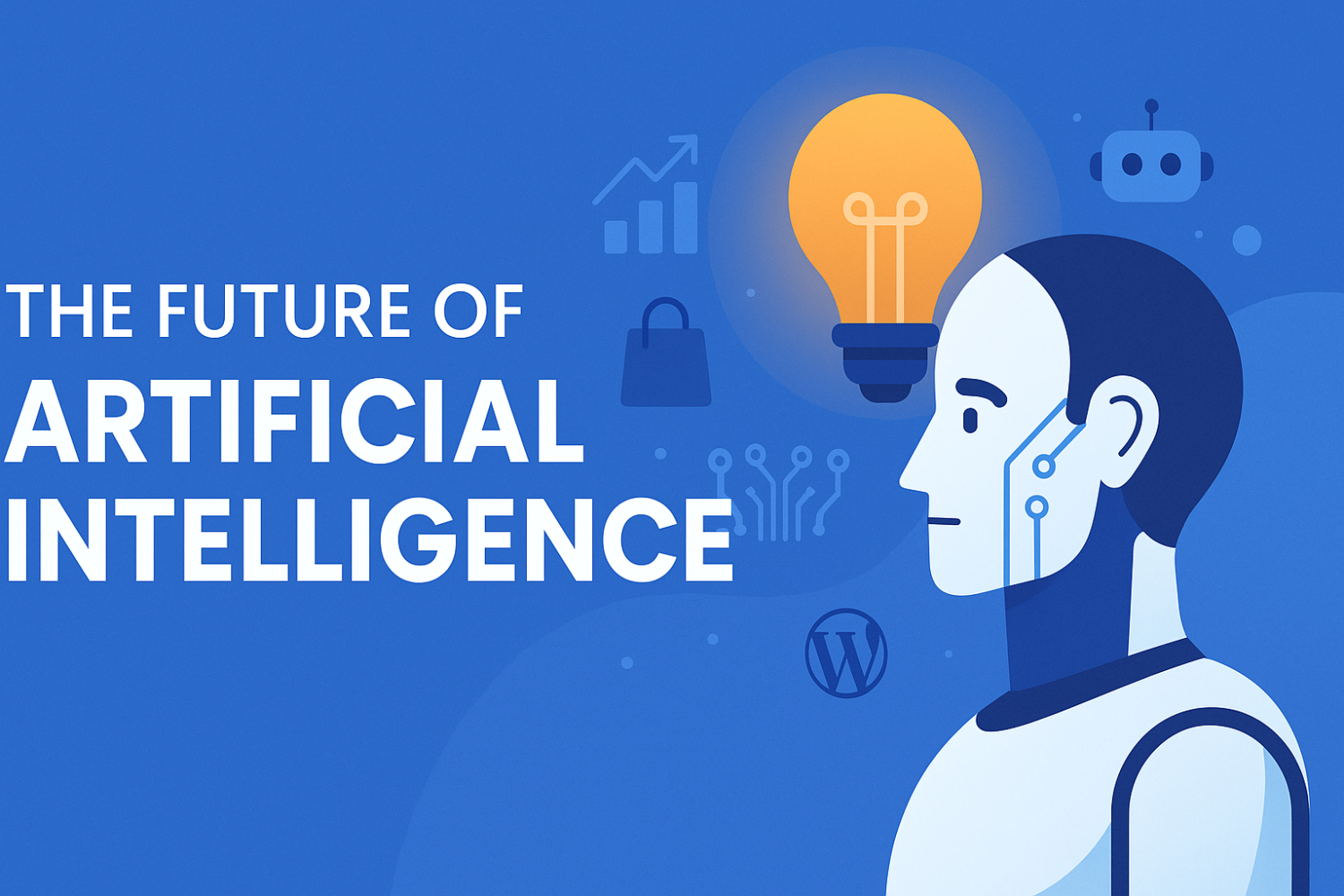Top SEO Mistakes to Avoid in 2025: A Guide for Marketers

Understanding the Importance of SEO
Search Engine Optimization (SEO) is a fundamental aspect of digital marketing that focuses on enhancing a website's visibility in search engine results. SEO encompasses a range of strategies and techniques aimed at improving organic rankings, which, in turn, drives targeted traffic to a site. With the rapid advancements in technology and the ever-evolving landscape of digital marketing, avoiding common SEO errors has become paramount for businesses wishing to thrive in the competitive online arena of 2025.
In a world where consumers increasingly rely on search engines to find products, services, and information, the importance of SEO cannot be overstated. Search engines, such as Google, utilize complex algorithms to rank websites based on several factors, including relevance, quality, and user experience. As these algorithms evolve, marketers must adapt their SEO strategies accordingly. This means understanding which SEO best practices are most effective and avoiding frequent SEO mistakes that could hinder a website's performance. Neglecting SEO can result in poor visibility, decreased web traffic, and ultimately diminished sales opportunities.
Furthermore, the repercussions of inadequate SEO might extend beyond immediate traffic loss. Websites that fail to implement sound SEO practices may also struggle with longer-term challenges, such as maintaining a consistent audience and establishing credibility within their industry. As search engines continue to prioritize user engagement and satisfaction, the imperative for marketers is clear: embrace effective search engine optimization techniques, learn from past common SEO errors, and stay updated with the latest SEO tips for 2025. By doing so, businesses can ensure their online presence remains competitive and relevant in an ever-changing digital landscape.
Common SEO Mistakes to Avoid
As digital marketing continues to evolve, understanding and avoiding common SEO mistakes is essential for both novice and seasoned marketers. One prevalent error is keyword stuffing, where marketers excessively use keywords in their content in an attempt to manipulate search engine rankings. This practice can lead to poor user experience and may even result in penalties from search engines. Instead, adhering to SEO best practices encourages natural integration of keywords, enhancing readability while still targeting relevant search terms.
Another significant mistake is neglecting mobile optimization. With more users accessing the internet via mobile devices, search engines have prioritized mobile-friendly sites. Failing to optimize for mobile can lead to higher bounce rates and lower rankings on search engine results pages (SERPs). Implementing responsive design is crucial for any website aiming to reach a broader audience and maintain competitive visibility.
Ignoring page speed is another common SEO error. Websites that load slowly can frustrate users and lead to increased abandonment rates. Search engines like Google consider page speed as a ranking factor, so enhancing site performance is essential for effective search engine optimization. Marketers should regularly test their site’s load speed and implement strategies such as image optimization, leveraging browser caching, and minimizing server response times to improve user experience.
Additionally, underestimating the importance of high-quality content is a mistake that can undermine SEO efforts. Content that lacks depth or relevance will not engage users and may not rank well in SERPs. Therefore, creating valuable, informative content that addresses the needs and questions of the target audience is a pivotal aspect of effective search strategies.
Recognizing these common SEO errors provides marketers with opportunities for improvement, ensuring that their strategies remain effective and aligned with the evolving demands of search engine algorithms.
Practical Tips for Improved SEO Practices
To enhance your SEO strategies and mitigate common SEO mistakes, it is vital to adopt best practices while also tailoring your approach based on user intent. Firstly, effective keyword research is a cornerstone of successful search engine optimization. Utilizing tools such as Google Keyword Planner and SEMrush, identify relevant keywords that align with your audience's search behavior. Aim for a mixture of short-tail and long-tail keywords to capture diverse search queries.
In addition, content creation should always prioritize user intent. Rather than strictly focusing on high-volume keywords, analyze what your target audience is looking for and craft your content to meet those needs. Content should be informative, engaging, and provide value to the reader. Use clear headlines, subheadings, and bullet points to improve readability, and incorporate multimedia elements like images and videos to enrich user experience. Adhering to SEO tips for 2025 ensures your content remains competitive while being aligned with search engine algorithms.
Another critical aspect of improved SEO practices is focusing on technical SEO. Website performance can significantly affect rankings; thus, check your site for speed issues, mobile-friendliness, and secure HTTPS connections. Utilize a technical SEO checklist to ensure all essential elements, such as sitemaps, schema markup, and URL structures, are optimized to enhance your site's overall visibility.
Lastly, do not underestimate the importance of backlinking. Backlinks from reputable sources enhance your site’s credibility and authority, which are pivotal in search engine rankings. Strive to cultivate relationships within your industry for guest blogging opportunities or collaborative projects, as high-quality backlinks can significantly reduce the likelihood of encountering common SEO errors.
Staying Updated with SEO Trends
In the rapidly evolving field of search engine optimization (SEO), staying updated with the latest trends and algorithm changes is paramount to ensuring success in 2025 and beyond. The digital landscape is characterized by constant shifts, driven by advancements in technology and changing consumer behavior. To avoid common SEO errors, marketers must embrace a proactive approach to SEO, consistently refining their strategies based on the latest insights.
An effective method to stay informed about emerging SEO best practices is through continuous education. This can include attending industry conferences, webinars, and workshops that focus on the latest tools and methodologies in search engine optimization. Additionally, subscribing to reputable SEO blogs and newsletters can provide timely updates on algorithm changes, emerging trends, and research findings. Websites like Moz, Search Engine Journal, and Google’s own Search Central are invaluable resources for obtaining reliable information and expert opinions.
Moreover, it is essential to engage with the SEO community, where professionals share their experiences and insights. Online forums, social media groups, and networking events can facilitate valuable discussions about search engine optimization mistakes and best practices. By participating actively in these discussions, marketers can gain guidance on how to adjust their strategies accordingly.
Flexibility and adaptability are key in the face of the ever-changing SEO landscape. Strategies that may have been effective a year ago could become obsolete with new algorithm updates. Marketers should regularly analyze their website's performance, utilizing analytics tools to identify areas for improvement and correction. Understanding how to avoid SEO mistakes hinges on being open to change and ready to pivot when necessary.
By building a solid foundation in SEO knowledge and remaining vigilant about trends, marketers can position themselves to respond effectively to changes, ensuring their strategies remain relevant and impactful throughout 2025.










